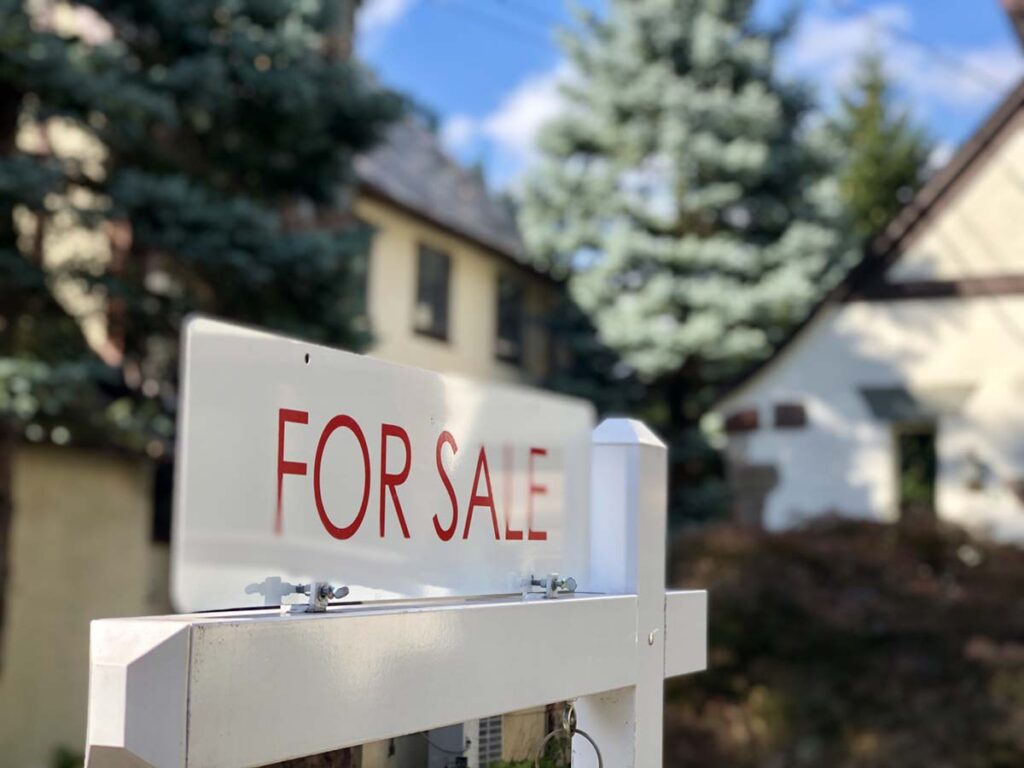Village awaits feedback from county on development moratorium

Greenport Village Board members are assessing comments presented at the Jan. 26 public hearing on a resolution to formally adopt a moratorium on development projects in waterfront, retail and general commercial zones.
The public hearing was left open on the possibility the Suffolk County Planning Commission could request changes to the resolution. The Town Board was slated to have a virtual meeting with county planners Wednesday afternoon. On Tuesday, former Mayor David Kapell released a Jan. 1 report from county planning department staffers advising the commissioners that the moratorium is not justified. Whether the commission will follow that advice or not remains to be seen.

The concerns raised at the Jan. 26 hearing were similar to those heard at previous meetings.
Two advocates for Erik Warner’s Eagle Point Hotel Partners project, which proposes a three-story, 22-room inn at the former site of the Sweet Indulgences candy and gift shop, were present and repeated their argument that a moratorium would, according to Mark Boyle, representing Mr. Warner, be “an economic kiss of death” for Greenport.
Mr. Boyle had previously argued that a moratorium would unnecessarily burden businesses and developers with long project delays. This time, he said moratoriums are not needed “unless all else fails” and that imposing a delay would generate business bankruptcies.
At an earlier hearing, village resident Kevin Stuessi, now a candidate for mayor, noted that a petition he circulated supporting a moratorium had garnered more than 200 signatures, and argued that, because they care the most about Greenport’s future, these are the people who have “skin in the game” when it comes to further development in the village.
Last week, however, David Gilmartin Jr., attorney for Eagle Partners, challenged Mr. Stuessi’s remarks directly, maintaining that Greenport residents who do not own businesses in the village “have no skin in the game.”
Mr. Gilmartin challenged those who attended last week’s hearing to look around the village, saying they would realize there’s no way a six-month moratorium is going to achieve its aims. An administrative moratorium was declared by the Village Board in December and would be replaced by a full moratorium if the board ultimately enacts the pending resolution. The moratorium could be extended beyond six months if the Village Board deemed it necessary later.

Mayor George Hubbard noted that teams of people have already been appointed to begin the process and have met to discuss their visions of what needs to happen. They are divided into three groups examining the Local Waterfront Revitalization Program, which hasn’t been updated in years; the village zoning code; and village infrastructure that could include parking, traffic flow, septic and water use, and electrical use.
Mr. Gilmartin acknowledged the LWRP may need updating, but said that effort doesn’t require a moratorium.
Goldin Furniture owner Andrew Aurichio expressed concern that his efforts to make improvements to his building could be hampered by a moratorium. That 1894 building, the former Greenport Auditorium, is currently on the market.
“We should open up Greenport, not close it,” he said.
Mr. Hubbard pointed out that Mr. Aurichio could file for an exemption from a moratorium if he can demonstrate that delay in the work would pose a financial hardship.
A financial hardship exemption has already been filed by Sofia and Michael Antoniadis, who purchased 308 Front St. in October for a new business. Ms. Antoniadis told the Village Board in January that she needs to alter the interior of the building for her yoga and Pilates business. The exemption is needed, she said, so the Planning Board can accept and act on their plan for that construction work. The Village Board will hold a public hearing on their exemption application on Feb. 23.
Several other village business operators, who also signed Mr. Stuessi’s petition, expressed support for the moratorium last week.
Certain projects, generally already underway, can go forward under the current administrative moratorium and will be able to continue to completion — even if the moratorium becomes official — as long as they stick to plans that have already been approved.









